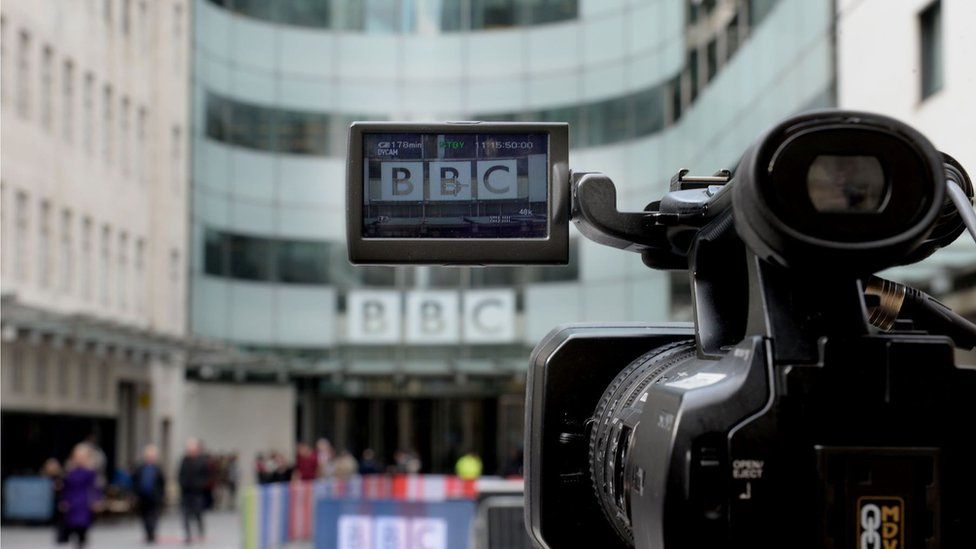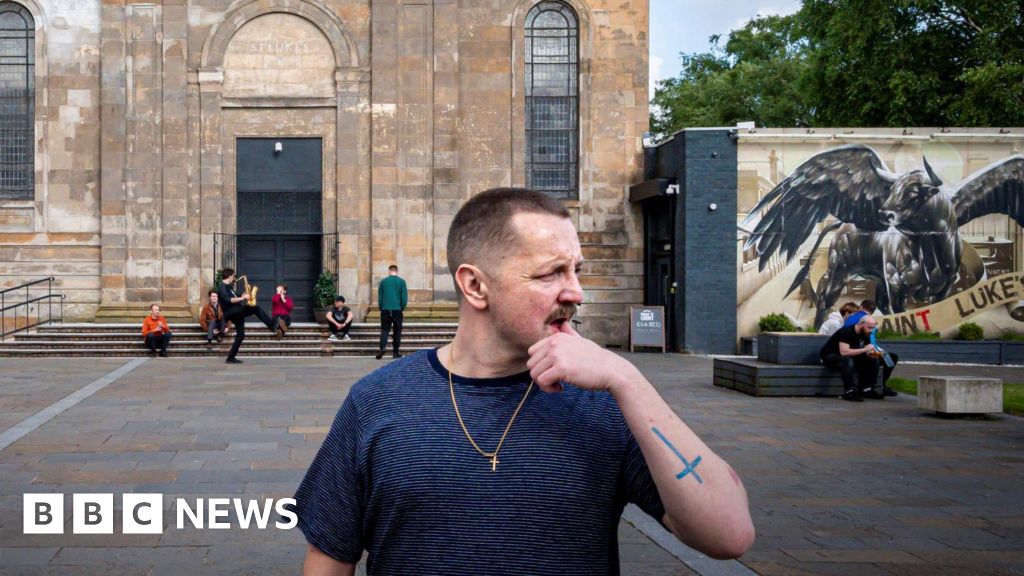ARTICLE AD BOX

The BBC committed "significant editorial failings" in its reporting of an antisemitic attack on Jewish students, Ofcom has found.
The media watchdog observed that the BBC failed to follow its editorial guidelines on due impartiality and due accuracy in a 2022 online article.
A separate BBC London news broadcast on the same story did not breach due impartiality or accuracy rules.
However, Ofcom said the BBC had made a serious editorial misjudgement.
The incident occurred on 29 November 2021, when a group of Jewish students were subjected to an antisemitic attack while travelling on a privately-hired bus on Oxford Street, London, where they had been celebrating the festival of Hanukkah.
Disputed phrase
In its coverage, the BBC reported that an anti-Muslim slur had been heard from inside the bus, but following BBC coverage on 2 December, the Board of Deputies of British Jews and the Chief Rabbi were among a significant number of groups and individuals who complained to the broadcaster about the accuracy and impartiality of its reporting.
The Board of Deputies of British Jews said: "Ofcom's ruling on the BBC's conduct in relation to the antisemitic Oxford Street attack has made it clear that 'the BBC failed to observe its editorial guidelines on due impartiality and due accuracy', and has described the corporation's 'serious editorial misjudgement' in this matter.
"This ruling, in response to the board's written complaint, validates our significant concern over the BBC's actions on this issue. We will now consider whether to take this issue to a judicial review."
Ofcom said in a statement: "Our investigation uncovered significant editorial failings in the BBC's reporting of an antisemitic attack on Jewish students travelling on board a bus in London.
"The BBC's reports claimed that an audio recording made during the incident included anti-Muslim slurs - which it later changed to the singular 'slur' - which came from inside the bus. Shortly afterwards, it received evidence which disputed this interpretation of the audio."
Ofcom noted that the BBC received evidence to support an alternative explanation that the words it had heard were in fact a Hebrew phrase, meaning "Call someone, it's urgent".
'Failure to respond'
Its statement continued: "The BBC failed to promptly acknowledge that the audio was disputed and did not update its online news article to reflect this for almost eight weeks. During this time the BBC was aware that the article's content was causing significant distress and anxiety to the victims of the attack and the wider Jewish community.
"This, in our opinion, was a significant failure to observe its editorial guidelines to report news with due accuracy and due impartiality."
A BBC spokesperson said: "While Ofcom has found that our reporting was not in breach of the Broadcasting Code, the BBC's Executive Complaints Unit ruled in January this year that more could have been done sooner to acknowledge the differing views about what could be heard on the recording of the attack. The BBC apologised at the time for not acting sooner to highlight that the contents of the recording was contested."
Under the BBC's Charter and Agreement, set by the government, the BBC is responsible for the editorial standards of its online material.
Ofcom can consider and give an opinion instead, including any recommendations it considers appropriate regarding online material but it cannot find the BBC in breach of the broadcasting code.
Regarding the TV broadcast, Ofcom said that while the report did not breach its rules, "the BBC made a serious editorial misjudgement by not reporting on air, at any point, that the claim it had made about anti-Muslim slurs was disputed, once new evidence emerged".
'Further to go'
The watchdog said the BBC's "failure to respond promptly and transparently created an impression of defensiveness by the BBC among the Jewish community".
Ofcom said the BBC has "further to go in learning how to respond when its reporting is in contention".
A spokesperson for the Campaign Against Antisemitism said: "Almost a year after the BBC's abominable coverage of an antisemitic incident on Oxford Street, Ofcom has seen what every viewer and reader of the BBC's coverage could but which the BBC itself refused to accept: its reportage added insult to the injury already inflicted on the victims and the Jewish community, and abysmally failed to meet the most basic editorial standards.
"Ofcom's decision today begins to undo that insult.
"Sadly, the BBC's stonewalling is exactly what British Jews have come to expect from our public broadcaster."

 2 years ago
26
2 years ago
26








 English (US) ·
English (US) ·